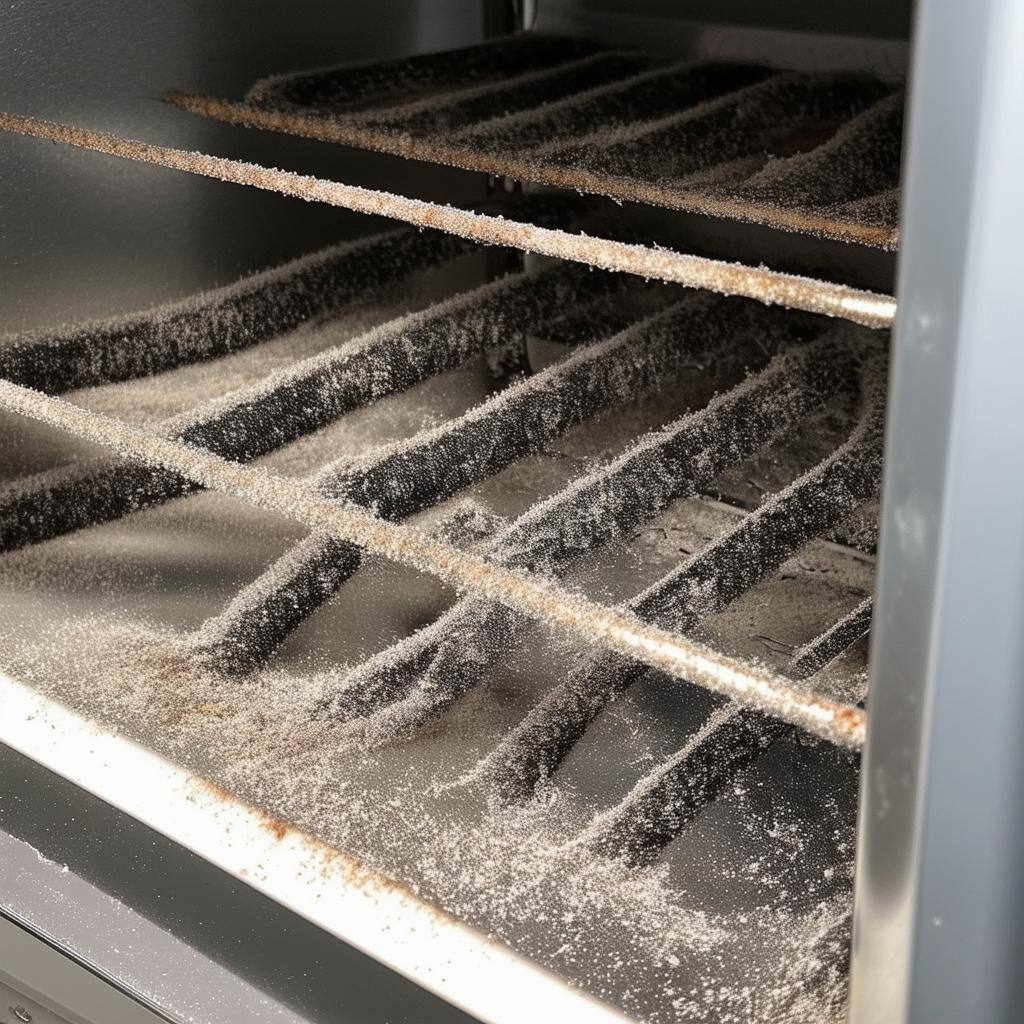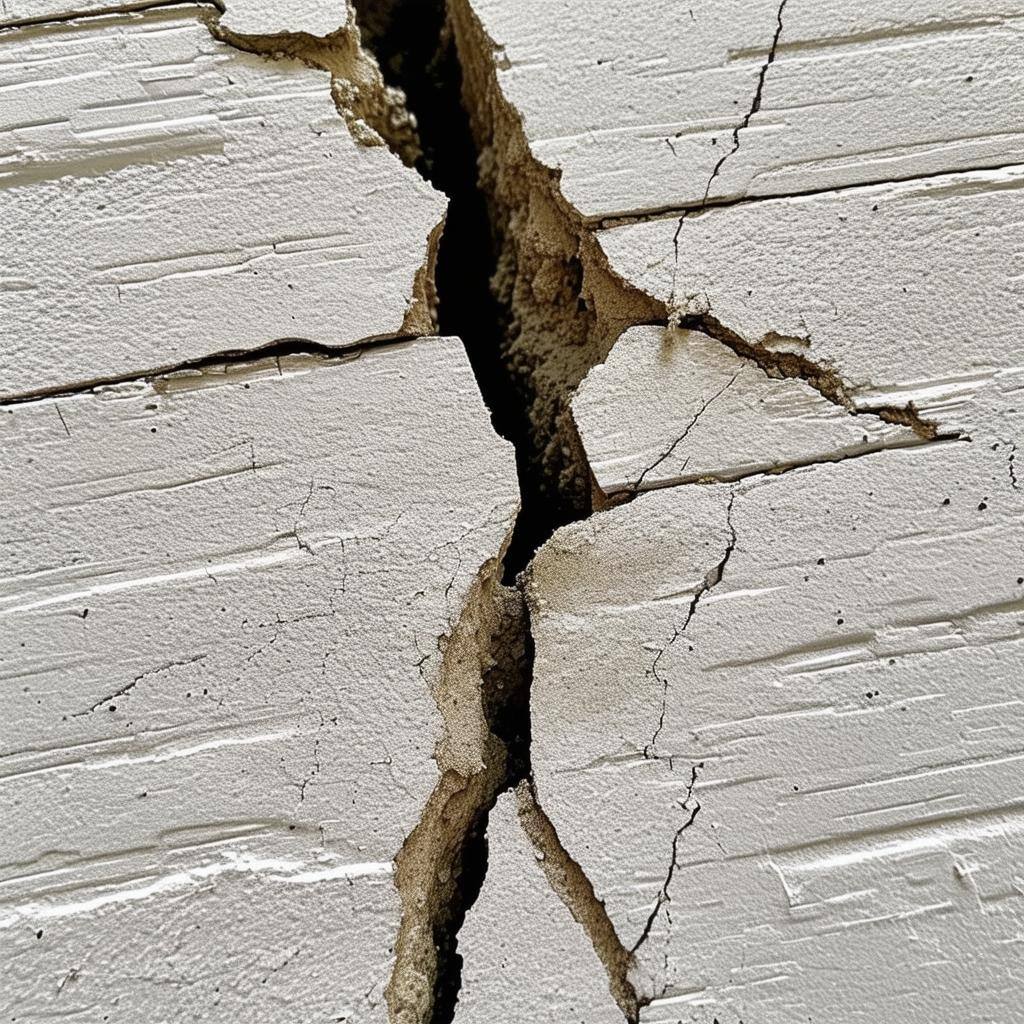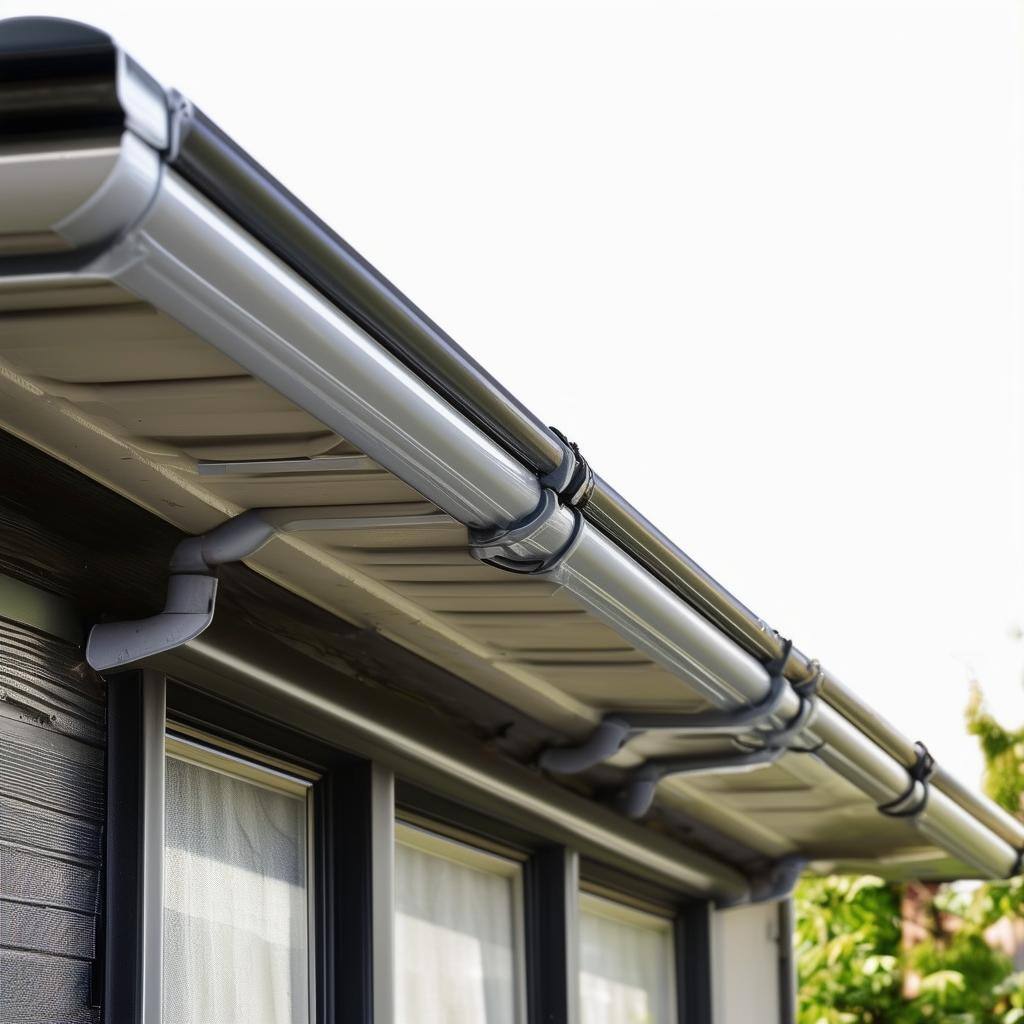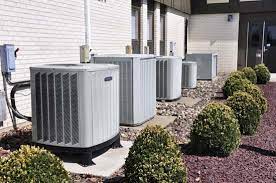Electrical Systems Guide

Flushing Your Water Heater

Cleaning the Toilet Tank

How To Vacuum Refrigerator Coils
Understanding Electrical Systems in Your Home: A Comprehensive Guide
Electricity is a vital component of modern living, powering everything from lighting and appliances to heating and cooling systems. Understanding the electrical system in your home can help you ensure safety, efficiency, and comfort. This article will cover the basics of residential electrical systems, their components, common issues, maintenance tips, and when to seek professional help.
What is a Residential Electrical System?
A residential electrical system is a network of wiring, devices, and circuits that deliver electricity throughout your home. It consists of everything from the main service panel to outlets, switches, and fixtures, ensuring that electrical power is distributed efficiently and safely.
Learn More Below for Key Components, Common Issues, Maintenance Tips, & When to Call a Pro!
Key Components of Home Electrical Systems
-
Main Service Panel:
- The main service panel (or breaker box) is the hub of your electrical system. It receives electricity from the utility company and distributes it to various circuits throughout the home. Each circuit is protected by a circuit breaker, which trips in case of overload.
-
Circuit Breakers:
- These devices protect your electrical system from overload and short circuits. If too much current flows through a circuit, the breaker trips, cutting off power to prevent damage or fire.
-
Wiring:
- Electrical wiring connects outlets, switches, and fixtures to the main panel. Common types include copper and aluminum wires, which come in various gauges depending on the circuit's load.
-
Outlets and Switches:
- Outlets provide access to electrical power for appliances and devices. Switches control the flow of electricity to fixtures and can be single-pole, three-way, or dimmer switches.
-
Light Fixtures:
- Light fixtures, including ceiling lights, chandeliers, and lamps, illuminate your home and may also include fans.
-
Grounding System:
- A grounding system helps protect against electrical shocks by providing a safe path for electricity to dissipate in case of a fault.
Common Electrical Issues
-
Tripped Breakers:
- Frequent tripping of circuit breakers can indicate overloaded circuits, faulty appliances, or damaged wiring.
-
Flickering Lights:
- Flickering or dimming lights may signal loose wiring, an overloaded circuit, or a failing light bulb.
-
Dead Outlets:
- An outlet that doesn’t work may be caused by a tripped breaker, a blown fuse, or faulty wiring.
-
Buzzing or Humming Sounds:
- Unusual sounds coming from outlets or fixtures can indicate electrical problems, such as loose connections or overloaded circuits.
-
Burning Smell:
- A burning smell near electrical devices or outlets is a serious warning sign of overheating and should be addressed immediately by a professional.
Maintenance Tips for Your Electrical System
-
Regular Inspections:
- Periodically inspect outlets, switches, and cords for signs of wear or damage.
-
Test Ground Fault Circuit Interrupters (GFCIs):
- GFCI outlets, often found in kitchens and bathrooms, should be tested monthly to ensure they’re functioning correctly.
-
Avoid Overloading Circuits:
- Be mindful of how many devices are plugged into a single outlet or circuit to prevent overloads.
-
Use Energy-Efficient Appliances:
- Energy-efficient appliances can help reduce your overall electrical load and lower utility bills.
-
Know Your Electrical Load:
- Understand the wattage of appliances and devices in your home to ensure your circuits can handle the load.
When to Call a Professional
While some electrical tasks can be performed by homeowners, certain situations require professional expertise:
- Frequent Circuit Breaker Tripping: Persistent issues may indicate underlying problems that need assessment.
- Electrical Upgrades: If you’re adding new circuits, upgrading your service panel, or renovating, it’s best to hire a licensed electrician.
- Wiring Issues: Damaged or frayed wires can pose a fire risk and should be handled by a professional.
- Code Violations: If you suspect your system does not meet current electrical codes, a professional can help bring it up to standard.
Summary
Understanding your home's electrical system is essential for maintaining safety and efficiency. By familiarizing yourself with its components, recognizing common issues, and practicing regular maintenance, you can help ensure that your electrical system operates smoothly. When in doubt, don’t hesitate to consult a professional electrician to address more complex problems or upgrades. With proper care and attention, your electrical system can provide safe and reliable service for many years to come.
Why don't homes come with a user manual?
We don't know, either. But we're here to help.
See how, below...from tackling the maintenance tasks you can’t stand or always forget, to getting proactive with your maintenance, to sending out contractor referrals we actually know & trust!
You May Also Like
These Related Stories

Home Foundation Guide

Gutters Guide
